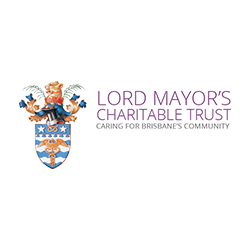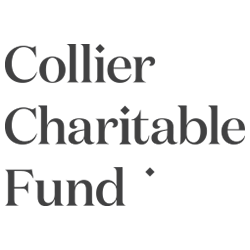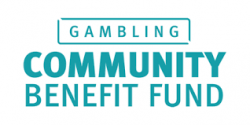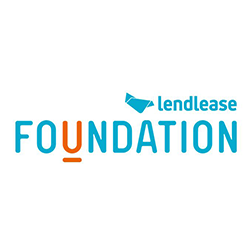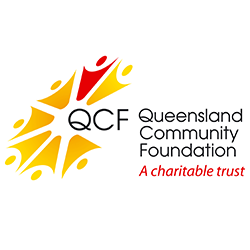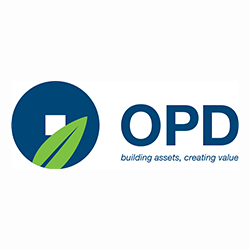Autism: The Early Years Video Series
If you are concerned your child's development, it’s important to speak to a health professional for advice and support. If your child has recently been diagnoised with autism, you may have many questions about the road ahead.
At AEIOU we care about supporting families navigating these early days. We’ve designed these videos to share useful information and practical advice on the topics we most frequently encounter. These nine videos, which cover the areas of family, behaviours and communication, feature autism experts employed by AEIOU, along with mums, dads and children enrolled at our centres.
These resources are a good starting point for your research, which is why they’re FREE to view and share.
Family
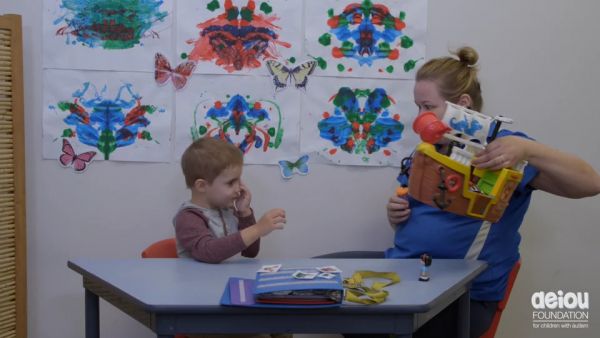
Part 1: Understanding Autism
Autism Spectrum Disorder (ASD) is a lifelong neurological developmental disorder, with children typically requiring support with communication, behaviour, self-help, social and academic skills.
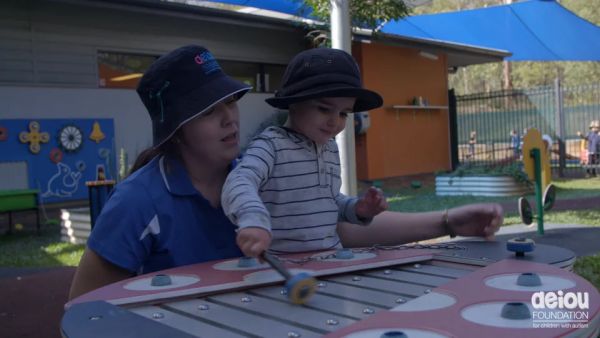
Part 2: Help after a diagnosis
Because autism affects every child differently, it’s important to seek an early intervention service which provides an individualised program. Find out what to look for in.
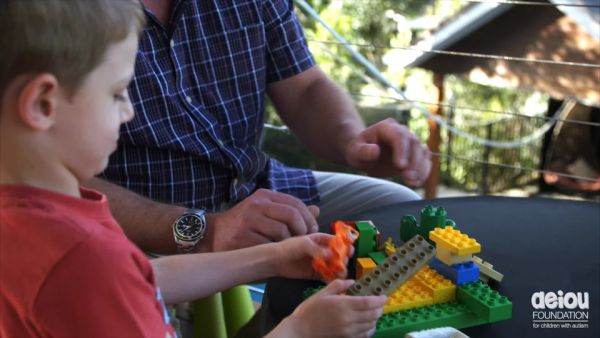
Part 3: Family impacts of autism
Having a child with autism can cause significant strain on the family, not just emotionally, but also on time and finances. Be assured, there are useful community support networks you can tap into.
Behaviours
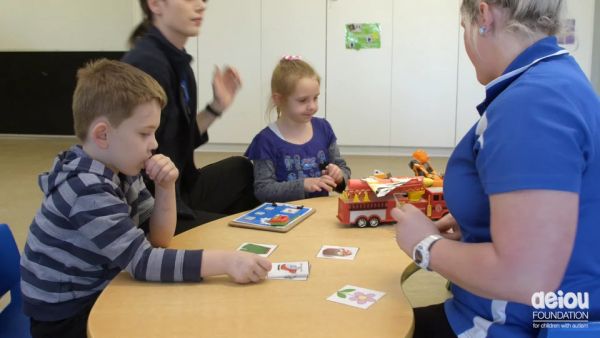
Part 4: Understanding behaviour: Proactive strategies for change
There’s a reason behind all behaviours and by working collaboratively with a qualified therapy team, you can learn useful proactive strategies which will benefit your child and family.
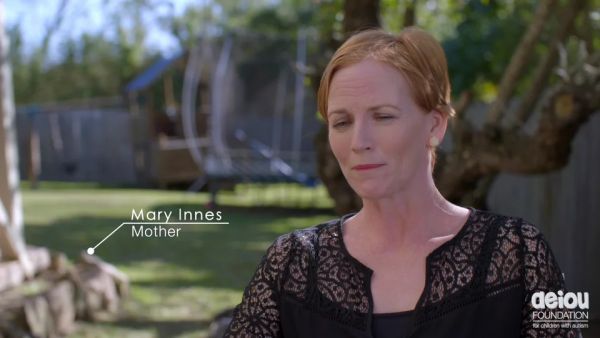
Part 5: Building toileting skills
Every child can be toilet trained or taught to use the toilet on a timed schedule. Quality early intervention will provide you with supports and tactics which will give your child greater independence.
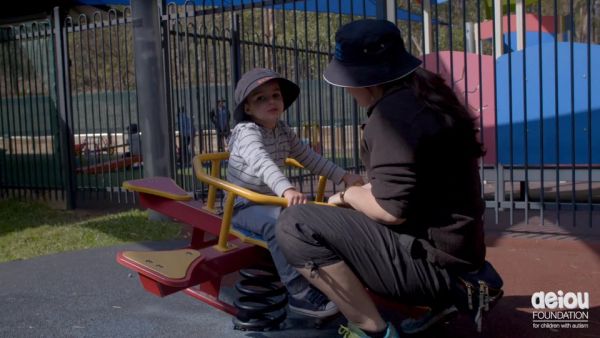
Part 6: Managing behaviours of concern
It’s common for children with autism to exhibit self-injurious behaviours. Seeking support in the early days will help you to understand the underlying reasons and find an approach which will reduce or eliminate the behaviour.
Communication

Part 7: Coping with public spaces
Having a child with autism can greatly impact on your family’s ability to access the community. Learn about strategies which have helped other families make outings more manageable and enjoyable.
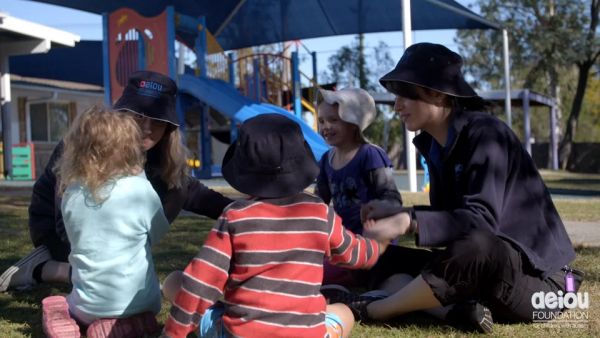
Part 8: Helping your child make friends
All parents want their child to build friendships. Learning the appropriate skills begins with simple ‘play’ and is something you can work on in your home.
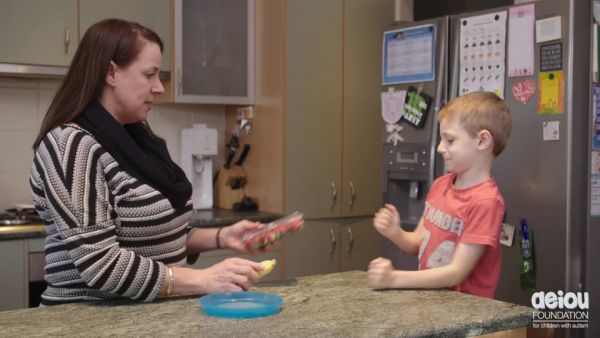
Part 9: Creating independence and meeting your child’s needs
If your child struggles with simple day-to-day living tasks, such as getting dressed, there are many strategies developed by therapists which can help develop independence and confidence.
Share this page
Thank you for watching this video!
To unlock the complete series, simply subscribe to AEIOU Foundation’s mailing list to receive further information about upcoming open days and parent workshops in your area.



